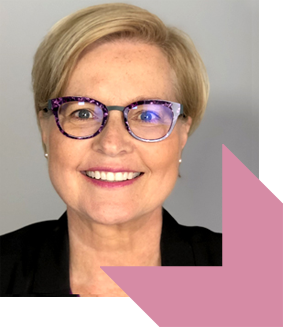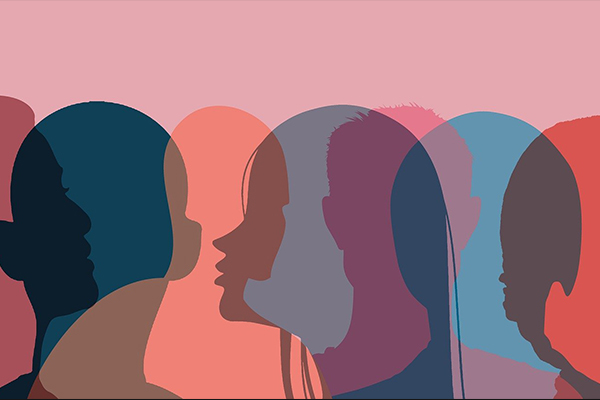Beginning in the 1950s, thousands of LGBT workers in the Canadian Military and Civil Service were targeted for their sexual orientation, gender identity, or gender expression.
These people had their careers and lives ruined by what is now known as the “LGBT Purge” which lasted for about four decades. They were followed, interrogated, and abused, leaving behind a generation of traumatized people.
Michelle Douglas, who was an officer in the Canadian Armed Forces in the ’80s, recalls her own experience as a Purge survivor.
“I was a top officer in the military,” she said. “I was doing incredibly well, finishing at the top of every class I took and had a really good career plan in the Canadian Armed Forces.

“I considered it an honour to serve my country,” she told Humber News.
However, she was discharged from the military in 1989 under the military’s LGBT Purge.
“I was taken in by the Military Police, and interrogated for days and (kept) in hotel rooms and subjected to pretty intense interrogations,” Douglas said. “This happened to thousands and thousands of people.”
Meanwhile, members of the LGBTQ+ community who continued to work in government departments and affected by the purge faced sanctions including dismissal, transfer, demotion, and denial of opportunities for promotion, among others.
For Douglas, her experience as a Purge survivor led to more than three decades of social justice and human rights activism.
She united the survivors of the LGBT Purge and filed a class-action lawsuit in 2016 against the government of Canada to demand acknowledgment of the Purge and the harm it caused.
A settlement of $145 million was reached in 2018.
“Members of that class-action lawsuit received compensation for damages,” Douglas said. “There were approximately 720 members of that lawsuit who were still living.”
Other settlement terms included the establishment of the LGBT Purge Fund of which Douglas is the executive director.
The Fund was tasked to prepare a report which would examine circumstances regarding LGBTQI2S people in the federal public service, the RCMP, and the military.
“That’s exactly what we did. The LGBT Purge Fund has substantial funds that we put towards this effort. We hired subject matter experts to conduct this review,” Douglas said.
The report, called Emerging from the Purge: The State of LGBTQI2S Inclusion in the Federal Workplace and Recommendations for Improvement, was released on Monday, May 17, 2021. It offered 23 recommendations to improve the inclusive practices for the LGBTQI2S community in the workplace.
The report highlights the need for a culture shift in the federal workplace and more accountability from the country’s leadership. It stated there is a need for better training practices and guidelines to foster diversity and inclusion.
Minister of National Defence Harjit Sajjan acknowledged the persecution of the LGTBQ2S community with the official sanction of the government.
“These experiences had significant impacts on the individuals who were targeted, resulting in life-long trauma and emotional, psychological, relational, and economic consequences. It also created an overall climate of fear within these organizations,” Sajjan said in an official statement on Monday.
“While progress has been made, and official policies have changed, we also recognize that Defence Team LGBTQ2 members continue to experience discrimination, harassment, exclusion, and misconduct today,” he said.
“We have made progress but we have more work to do, as this report indicates,” Sajjan said.
For Douglas, this includes awareness and willingness by executives and staff to collaborate towards acknowledging and rectifying any form of identity-based privilege and oppression that exists within the workplace.
“It is a fact that all people need to be treated equally in the workplace,” Douglas said. “It is about upholding the highest standards of equality, decency, respect, and human rights in the workplace.”

